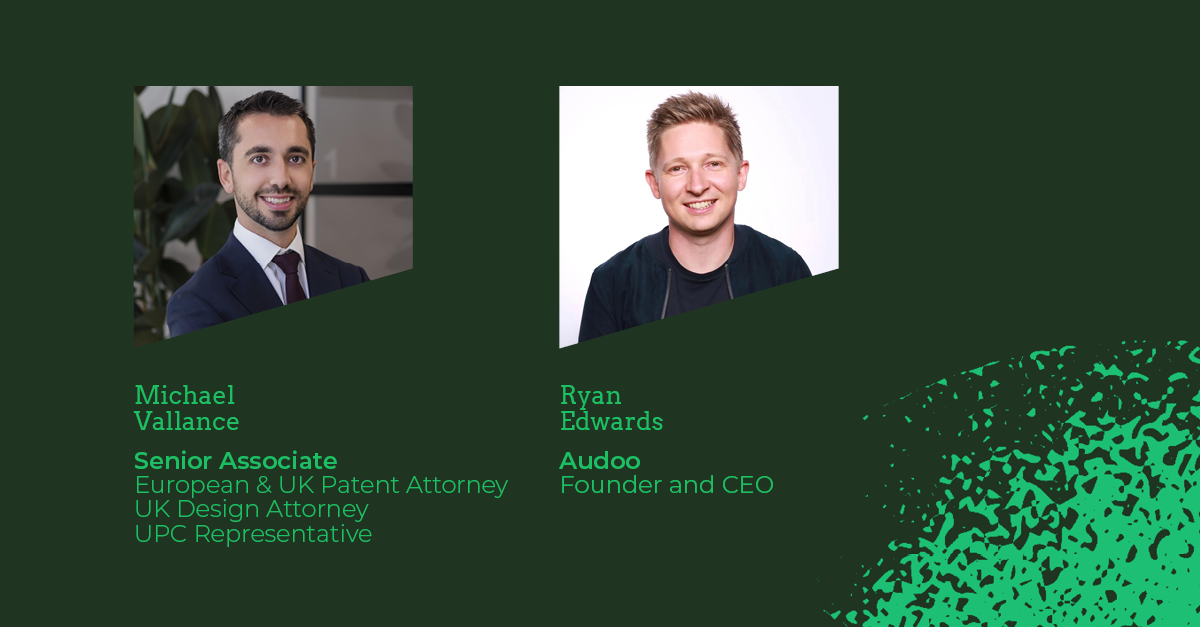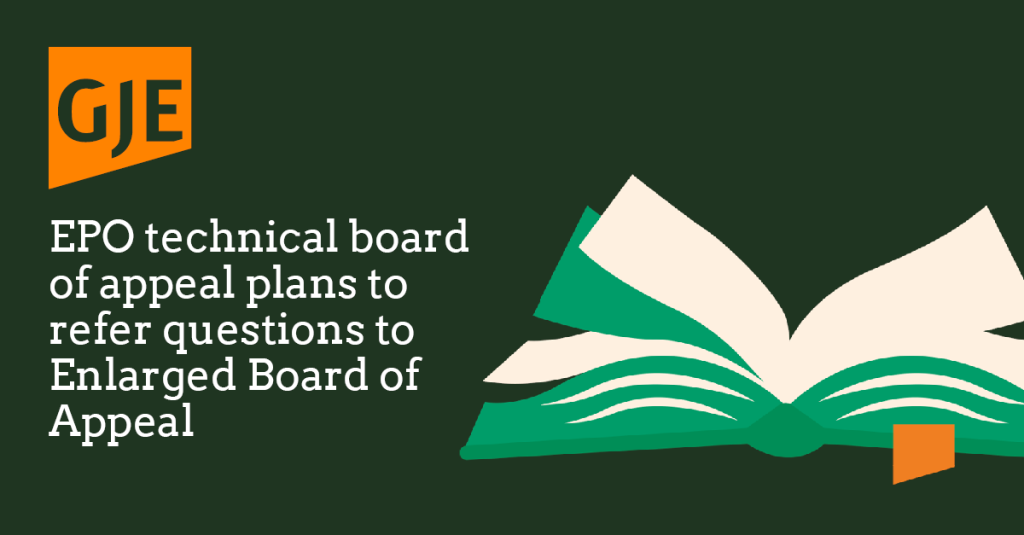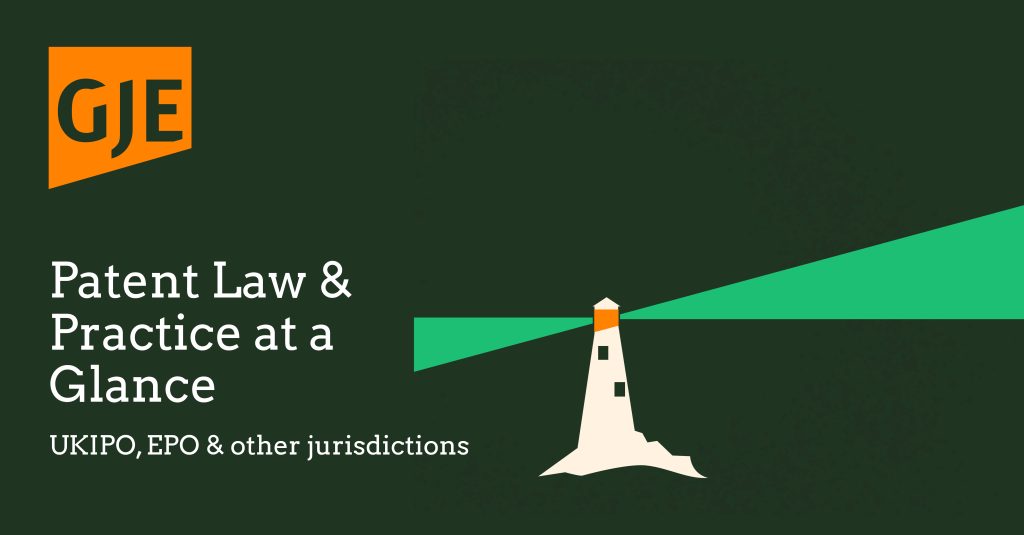
GJE works with start-up companies across many sectors both in the UK and worldwide. A common challenge in technology-based companies is knowing how to protect their innovation so that they can develop it commercially and build a business without others copying it. In this interview, Ryan Edwards, founder and CEO of Audoo tells GJE senior associate Michael Vallance how the business has developed, why it was important to protect its intellectual property, and how doing so has helped secure the investment the firm needed to grow.
About Audoo technology
Can you tell us about Audoo and the team behind it?
Audoo is a technology company operating in the music industry. We’re revolutionising how music royalties are distributed to artists and songwriters, by accurately monitoring and reporting the music played across public places, such as shops, restaurants, clubs and stadiums. Until recently, there was no way of tracking music played in public places and as such, royalties have historically been paid on sample set data, meaning payments are often distributed inaccurately and end up in the wrong creators’ hands.
In order to solve the challenge of inaccurate royalty distributions, we have created our multi-patented device, the Audoo Audio Meter™. This small plug-and-play piece of hardware has been developed in-house by the Audoo team and has been rolled out across premises in over 14 countries to date, improving royalty payment transparency and accuracy for artists and songwriters at all levels.


What have been the most significant recent developments at Audoo?
Scaling our products around the world – we’re now live in 15 countries across four continents, working with some of the largest PRO’s (performing right organisations), labels and publishers. In recent years, we have also been fortunate to have received support, by means of investment, from the likes of Sir Elton John and Björn Ulvaeus (ABBA) – validating the important work we’re doing across the value chain in music.
What distinguishes you from your competition?
We don’t have any direct competition for the area of music reporting we’re in, i.e. public performance. The challenge we’re solving is age old and our approach is pioneering. With regard to indirect competitors in the general music recognition technology space, our product is much more scalable and cost-effective, with a music recognition rate higher than industry standards. As a business we’re also incredibly passionate about ‘privacy first’ – our solution is entirely GDPR compliant, no audio is ever transmitted from or stored on the Audio Meter, which sets us apart from others.
What are your upcoming goals for Audoo?
We’re scaling rapidly now, with our next big goal being North America, having launched in Denver over the past few months. We’ve really started to drive growth in Africa and Asia also.
Where has Audoo’s growth primarily come from in the past?
Our growth today has been completely organic, with high traction across Europe and Australasia in particular. Australia was actually the first territory we launched in, during the COVID 19 pandemic, as they had no restrictions at the time! We we’re able to transport Audio Meters to the other side of the world and have them installed, all from our home office desks in the UK.
IP strategy
How has your approach to IP evolved as the business has developed?
The overall strategy has genuinely been to work really closely with GJE. We of course started with trade marks around our brand as ‘Audoo’ is an original name. When we completed our first technology build, everything was developed in-house. We then looked at what we thought was completely unique to us and we started to protect those creations. Over time, as we’ve evolved our product set and brought in new iterations of technology, we’ve looked at how we can protect those developments. It’s always been an iterative process.
Looking back, what do you wish you had known earlier about IP?
How long it takes to get a patent through! It’s the nuances that are involved in the paperwork and how utterly complex it is. But again, GJE has helped enormously with translating the process for us and working with us to file the documentation.
What steps do you take to maximise the value of your IP portfolio as a growing company?
It continues to evolve. Everything we’ve built has been as a result of client or market requirements along with opportunities and therefore when we’ve seen an opportunity, we’ve gone away and developed a solution to suit.
IP and investment
Do you feel your IP portfolio and strategy have supported investment?
Completely, yes, it’s very important. When our lead investor came into the business, a large section of their due diligence was on IP – they called it ‘IP Defence’. Being able to prove we had trade marks, patents pending and patents in other territories showed that not only had we built a great product and understood the markets we were going into, but also that we had made sure our business was protected.
How do you demonstrate the value of your IP to investors?
For the patents and trade marks we’ve secured, we’re able to give a tangible demonstration of the technology developed. The traction we’re seeing across markets validates the appetite for our solution, which is underpinned by our IP.
Have investor inquiries or feedback ever prompted you to adjust your IP strategy?
No, not to date. Because it’s been so good, thanks to the GJE team!
Investor knowledge
What is one thing you believe is important for investors to understand about IP?
That it is of course important in protecting a business and its valuation, but to be patient with the process. It is long and nuanced, but so long as founders and their teams are engaging with the likes of GJE, trust the process.


